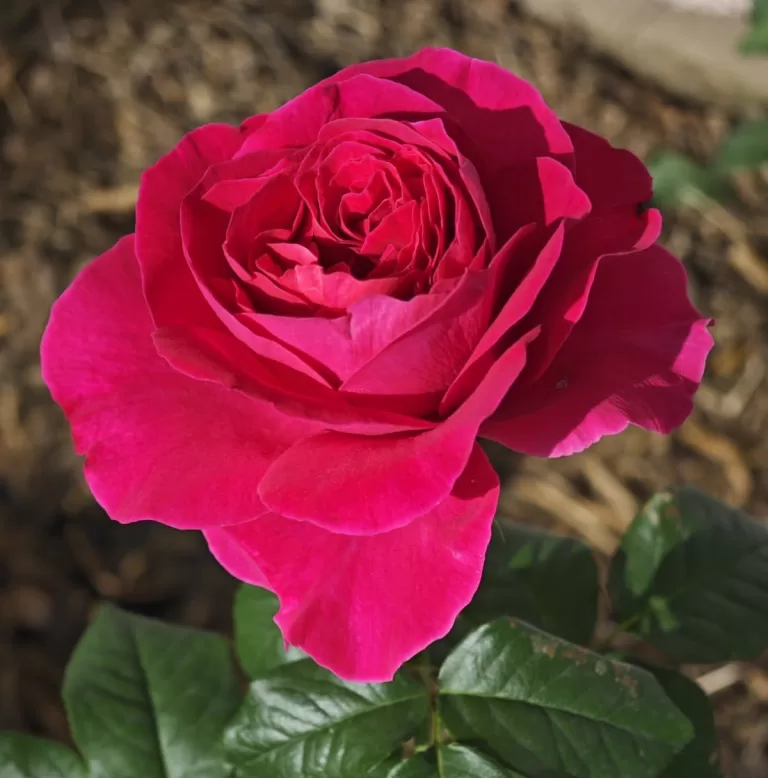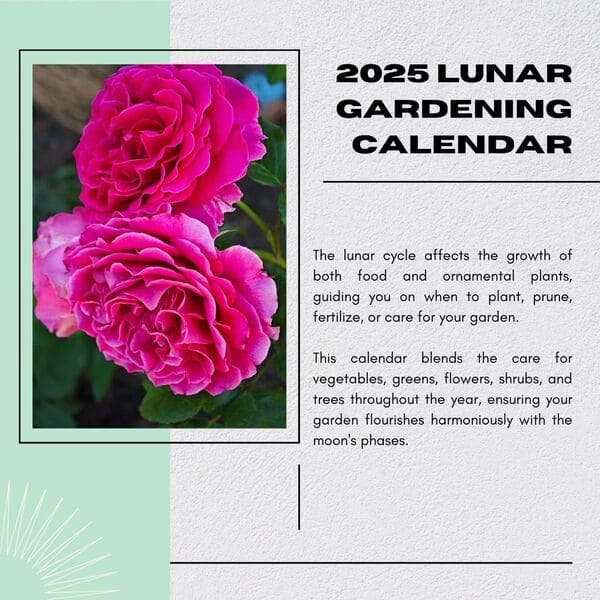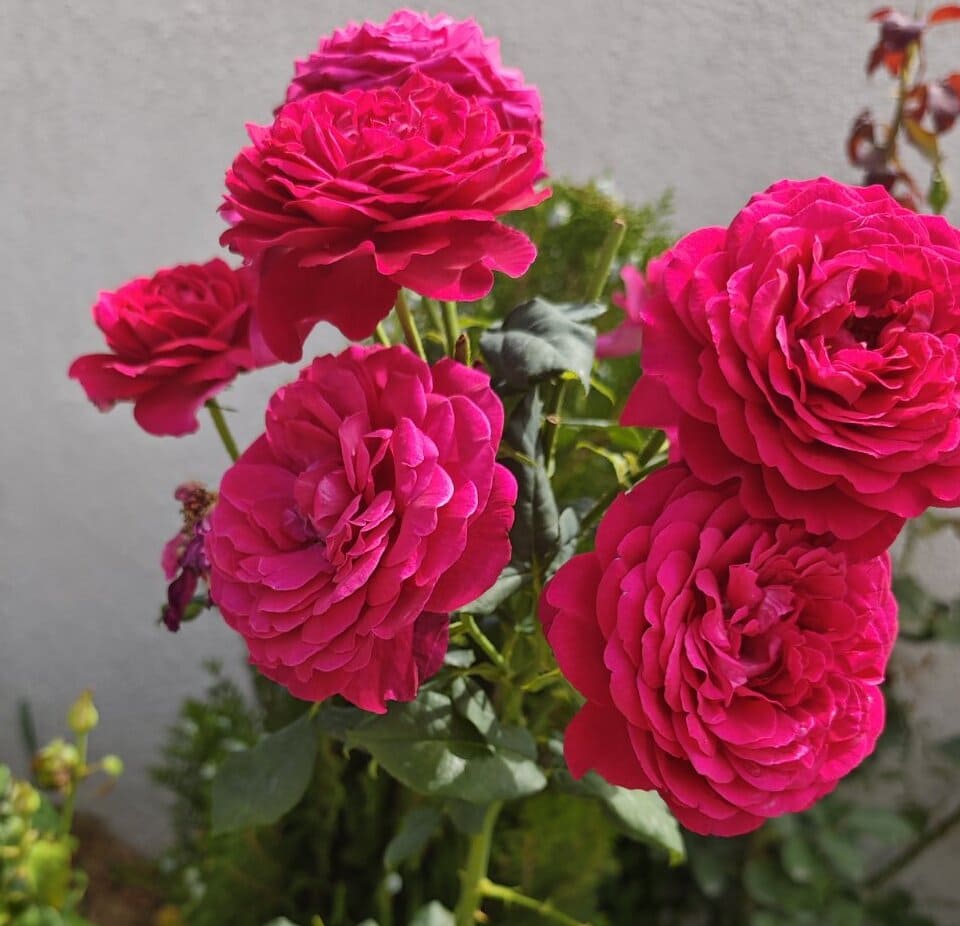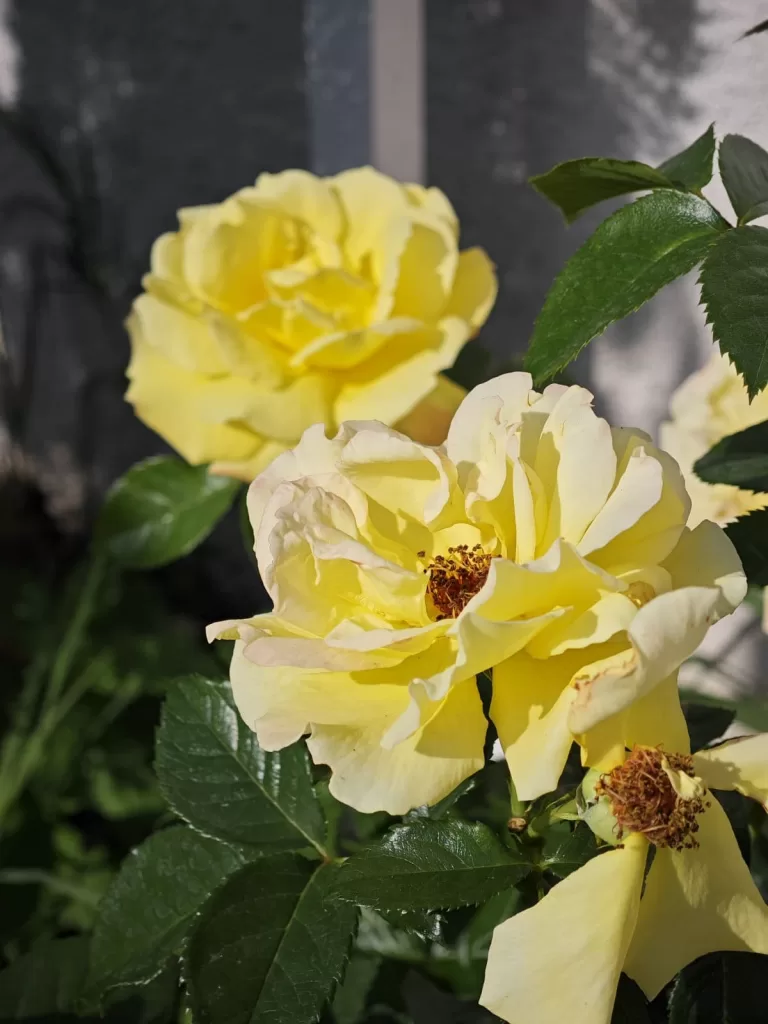Roses are celebrated for their exquisite beauty and captivating fragrance, yet sustaining their vitality demands meticulous care. One crucial aspect of rose care is selecting the right fertilizer. This article will explore everything you need about rose fertilizers, from application methods to understanding key components like N-P-K ratios.
How to Fertilize a Rose Garden
Fertilizing your rose garden is vital to maintaining healthy, vibrant plants. Follow these steps for optimal results:
- Timing:
Commence fertilization during early spring, coinciding with the emergence of fresh growth. Maintain a schedule of applications every 4-6 weeks throughout the growing season, gradually reducing frequency as late summer approaches. This strategic timing is paramount for fostering robust rose health. Refrain from late-season fertilization to prevent the stimulation of delicate new growth susceptible to frost damage.
- Application Method:
Apply fertilizer evenly around the base of each plant, keeping it several inches away from the stem. Ensure thorough watering to facilitate the penetration of nutrients into the soil, allowing them to reach the roots effectively.
- Quantity:
Follow the instructions on the fertilizer packaging carefully to determine the appropriate amount for your roses. Avoid excessive fertilization, as it may result in abundant foliage growth, potentially compromising the development of blooms.

Use Organic Matter:
Integrating organic materials like compost, matured manure, or organic fertilizers into the soil offers a gradual release of nutrients while enhancing soil composition. This fosters robust root growth and improves the overall vitality of the plants.
- Mulch Regularly:
Mulching around rose plants helps retain moisture, suppresses weeds, and gradually adds nutrients to the soil as it decomposes. Organic mulching materials such as wood chips, shredded leaves, or straw enhance soil health and moisture retention.
- Consider Slow-Release Fertilizers:
Opt for slow-release fertilizers tailored to roses. They deliver nutrients gradually over an extended duration, mitigating the chances of over-fertilization and minimizing nutrient runoff. Look for formulations designed explicitly for roses.
- Test Soil pH:
Roses thrive in soil that ranges from slightly acidic to neutral, typically with a pH level between 6.0 and 7.0. Regularly assess the soil pH through testing and make necessary adjustments using amendments such as lime or sulfur to uphold the ideal growing environment for optimal rose cultivation.
- Water Properly:
Ensure roses receive adequate water, especially after fertilizing. Water deeply to encourage profound root growth and nutrient uptake. However, avoid waterlogged soil, which can lead to root rot and nutrient leaching.
- Monitor Plant Health:
Pay attention to signs of nutrient deficiencies or excesses, such as yellowing leaves, stunted growth, or poor flowering. Adjust fertilization practices accordingly, but avoid overreacting, as excessive fertilization can harm plants.
- Rotate Fertilizers:
Consider rotating between fertilizers throughout the growing season to provide a balanced nutrient profile and prevent nutrient imbalances. For example, alternate between organic and synthetic fertilizers or vary the N-P-K ratios.
Understanding N-P-K in Rose Plants
N-P-K refers to the three primary nutrients essential for plant growth: nitrogen (N), phosphorus (P), and potassium (K). Here’s how each nutrient benefits roses:
1. Nitrogen (N): This element stimulates lush foliage growth and vibrant green leaves, which are essential for photosynthesis and overall plant health.
2. Phosphorus (P): Promotes vigorous root development and encourages robust flower production. It’s particularly crucial for promoting blooming in roses.
3. Potassium (K): This mineral enhances disease resistance, strengthens cell walls, and improves plant vigor. It also contributes to flower color and fragrance.
Organic vs. Inorganic Fertilizer
The fertilizer battleground offers two main options: organic and inorganic. Let’s explore the advantages of each:
Organic Fertilizers: Natural sources such as compost, manure, and fish emulsion form the basis of organic fertilizers. These eco-friendly options offer gradual nutrient release, fostering soil health and sustained nourishment for your roses without the risk of causing burns.
Inorganic Fertilizers: These synthetic fertilizers offer a quick burst of nutrients, ideal for addressing specific deficiencies or giving your roses a mid-season boost. However, inorganic fertilizers can be harsher on the environment and require more frequent application due to their faster nutrient release.
My organic gardening secrets
As a gardener with a passion for roses, I can advise you on a few organic fertilizers I use in my garden to keep roses thriving:
1. Epsom Salt Surprise: Roses love a little magnesium boost, and Epsom salts are a natural way to provide it. Mix a tablespoon of Epsom salts into a gallon of water and apply it around the base of your rose bush once a month during the growing season. This can promote stronger stems, better flower color, and improved health.
2. Compost Tea Power: Ditch the conventional store-bought fertilizers and use homemade nutrient-rich compost tea instead. Soak a bag of compost in a bucket of water for several days, then dilute the mixture and apply it to your roses. This DIY solution offers a gentle and continuous supply of nutrients and beneficial microbes, fostering the development of healthy soil and thriving roses.
3. Bloom Booster with Banana Peels: Potassium is critical for abundant blooms, and banana peels are a surprising source of this vital nutrient. Chop or bury banana peels around the base of your rose bushes. As they decompose, they’ll slowly release potassium, encouraging beautiful flowers.
4. Fish Bone Fertilizer: Don’t toss those fish bones if you enjoy seafood barbecues! Dry them thoroughly, then grind them into a fine powder. Sprinkle the fish bone meal around your rose bushes – it’s a slow-release source of phosphorus, perfect for promoting robust root development and vibrant blooms.
By incorporating these interesting tips alongside a balanced rose fertilizer, you can create a personalized feeding regimen that keeps your roses flourishing and rewarding you with stunning blooms throughout the season.

Get Your Free Lunar Gardener's Calendar 2025!
Join the Lunar Gardening Revolution! Subscribe now to receive our exclusive Free Lunar Gardener’s Calendar for 2025. Harness the power of the moon to optimize your planting, nurturing, and harvesting.
FAQ about rose fertilizers
While all-purpose fertilizers contain essential nutrients, they may not provide the specific balance required for optimal rose growth and flowering. Specialized rose fertilizers typically have higher phosphorus content, which promotes blooming. For best results, choose a fertilizer formulated specifically for roses.
For prolific blooming, seek fertilizers boasting elevated phosphorus levels, typically represented by the middle number in the N-P-K ratio. Phosphorus promotes flower bud formation and enhances flowering. A fertilizer labeled for blooming or flowering plants will often contain the ideal balance of nutrients to support prolific rose blooms.
Yes, coffee grounds can be beneficial for roses. They add organic matter to the soil, improve drainage, and may help deter pests like slugs and snails. However, they should be used in moderation to avoid over-acidifying the soil.
Although sugar can offer a brief energy surge to plants, it’s not advisable as a prolonged fertilizer for roses. Overuse of sugar may attract pests and upset the delicate balance of soil microbes, potentially harming the overall health of your roses.
The acidity of rose fertilizers can vary depending on the formulation. Some may be slightly acidic, but they are generally formulated to be neutral or slightly alkaline to suit various soil types.
While rose fertilizers are specifically formulated for the needs of roses, they can often be used on other flowering plants with similar nutrient requirements. However, reading the label and ensuring compatibility with the target plants is essential.
Fertilizers may lose their potency with time, particularly if stored incorrectly or exposed to moisture. It’s crucial to check the expiration date on the packaging and store fertilizers in an excellent, dry location to preserve their effectiveness. Avoid using expired or clumped fertilizers, as they may fail to deliver the desired results.
Selecting the right fertilizer is crucial for ensuring healthy, vibrant roses. By understanding your plants’ nutrient needs and following proper fertilizing techniques, you can enjoy a garden filled with lush foliage and abundant blooms. Choose a fertilizer formulated specifically for roses, pay attention to the N-P-K ratio, and fertilize regularly for best results.






